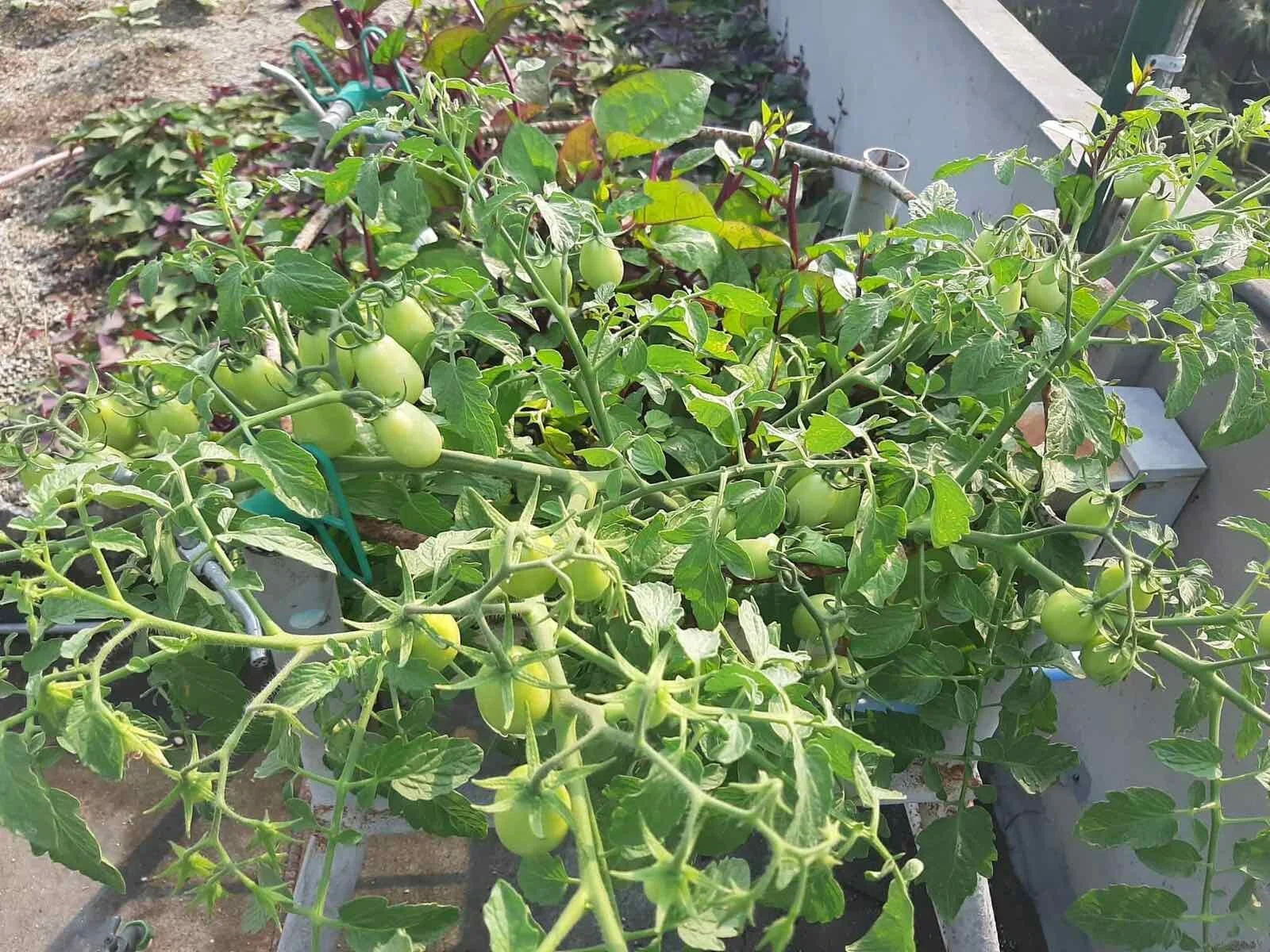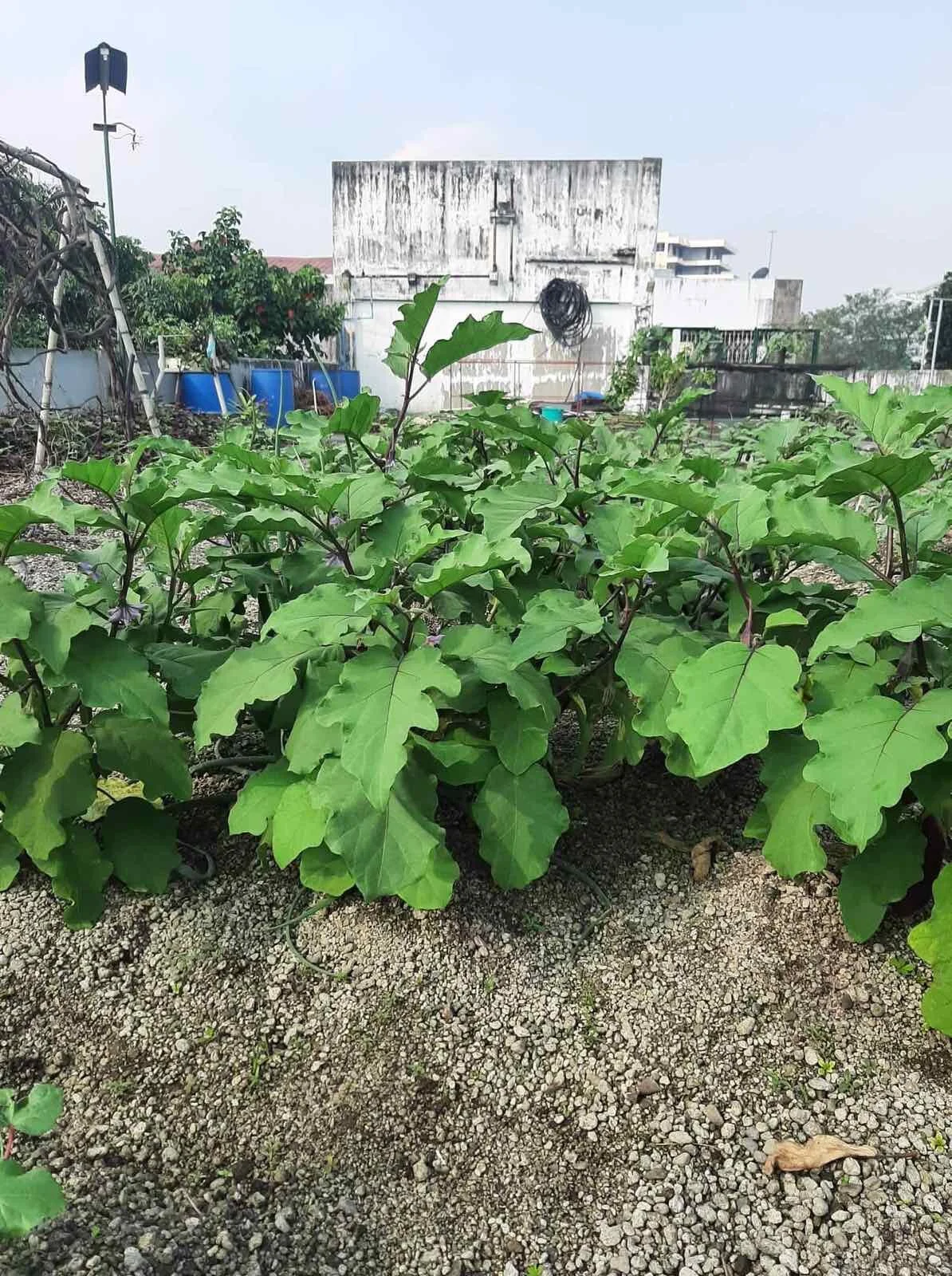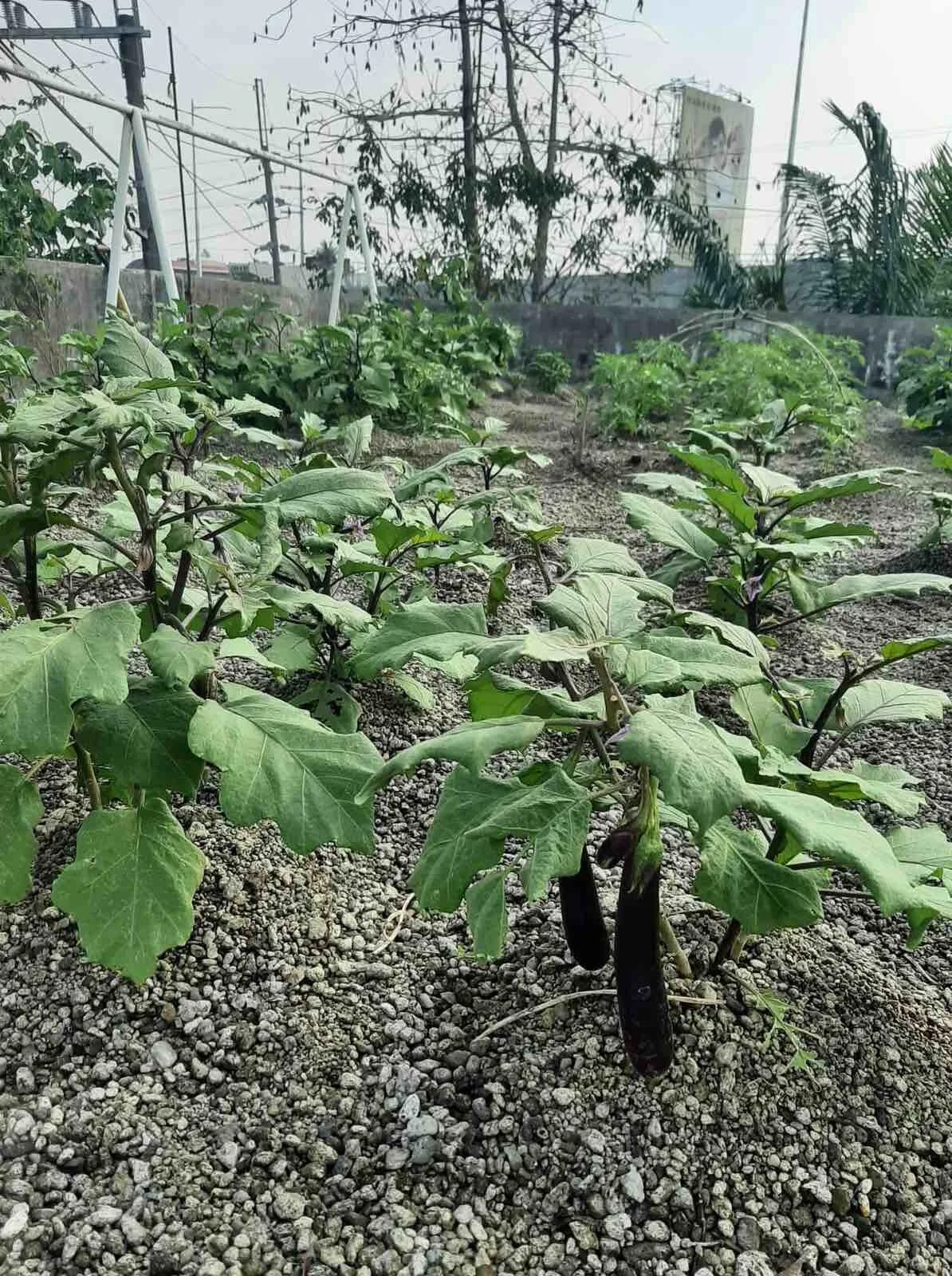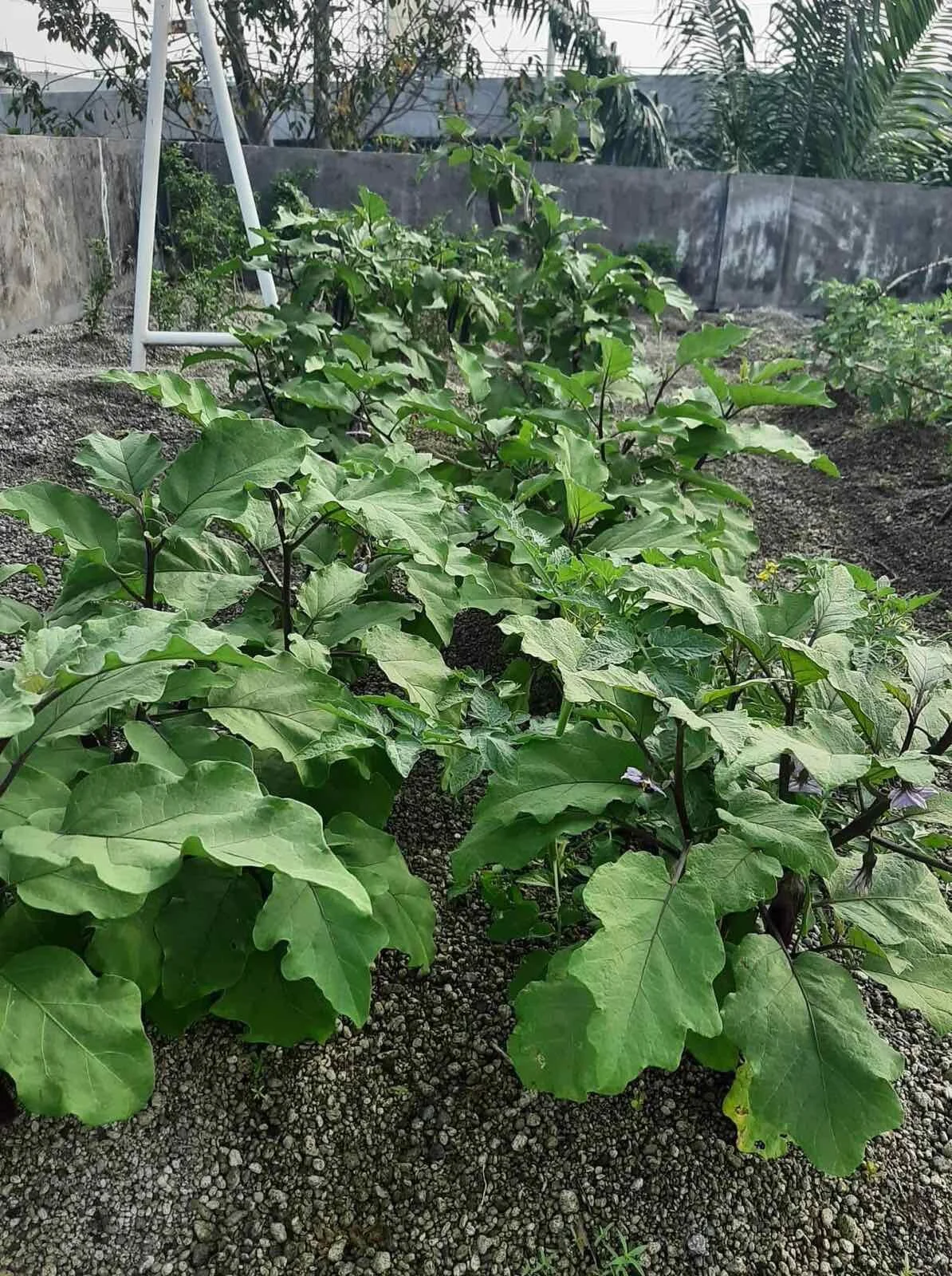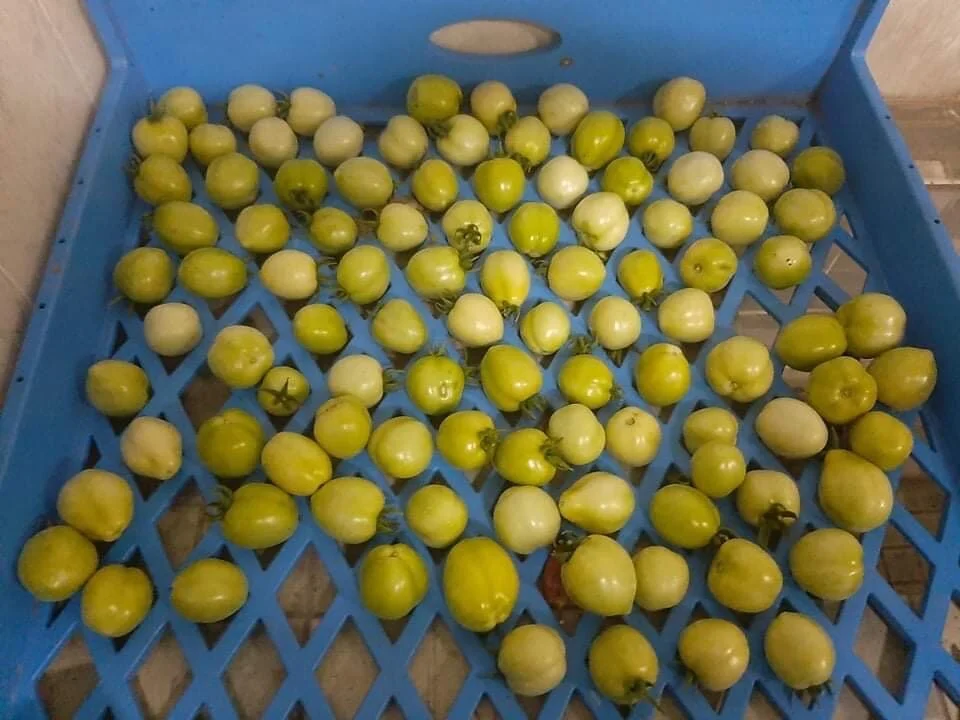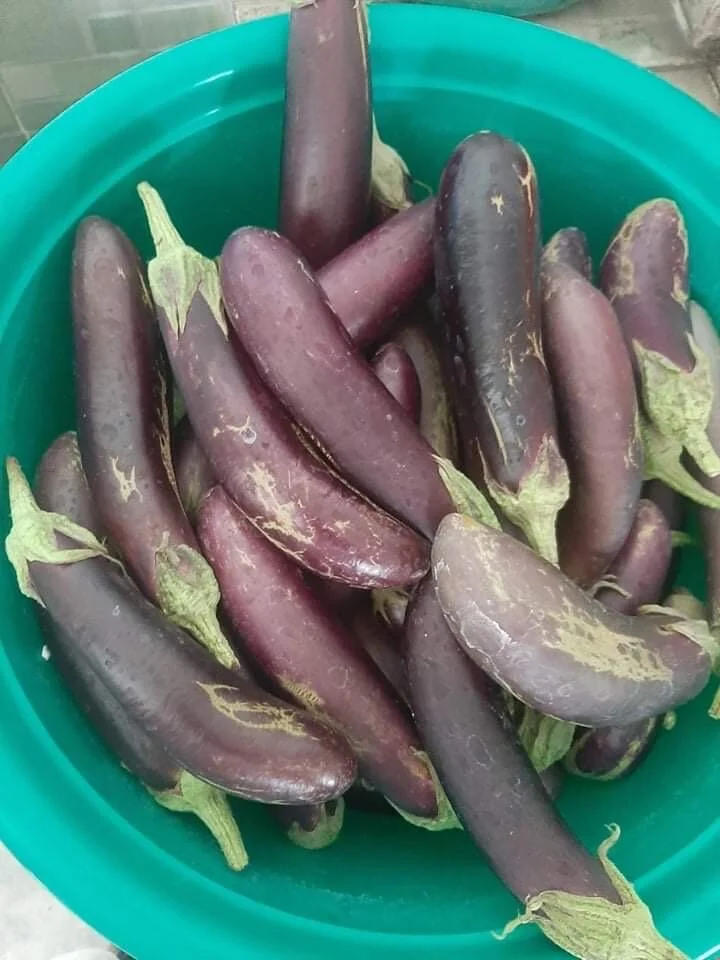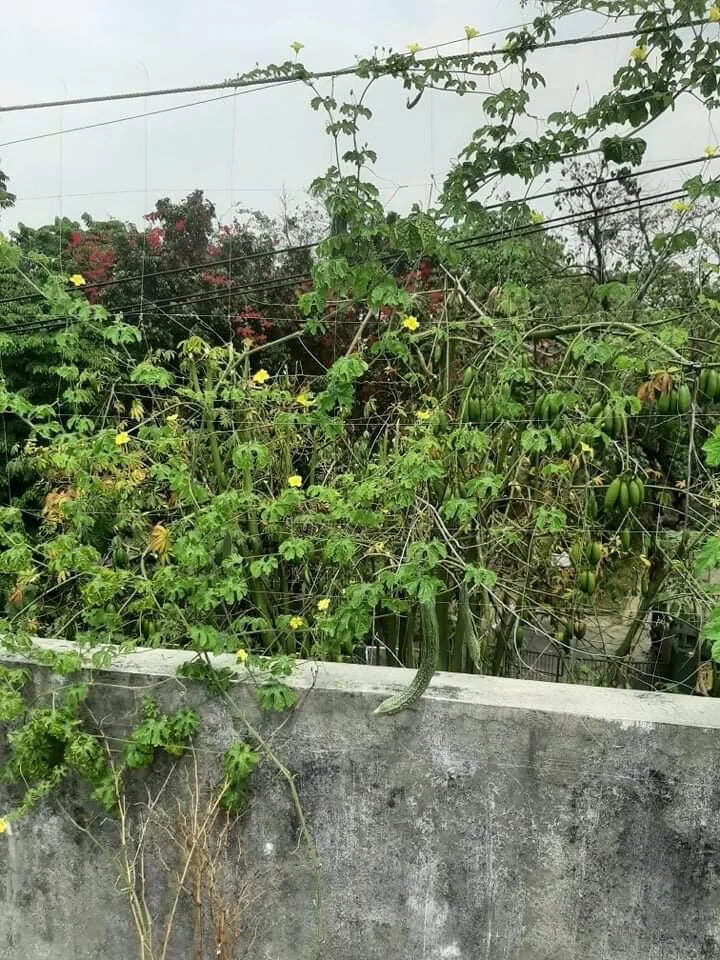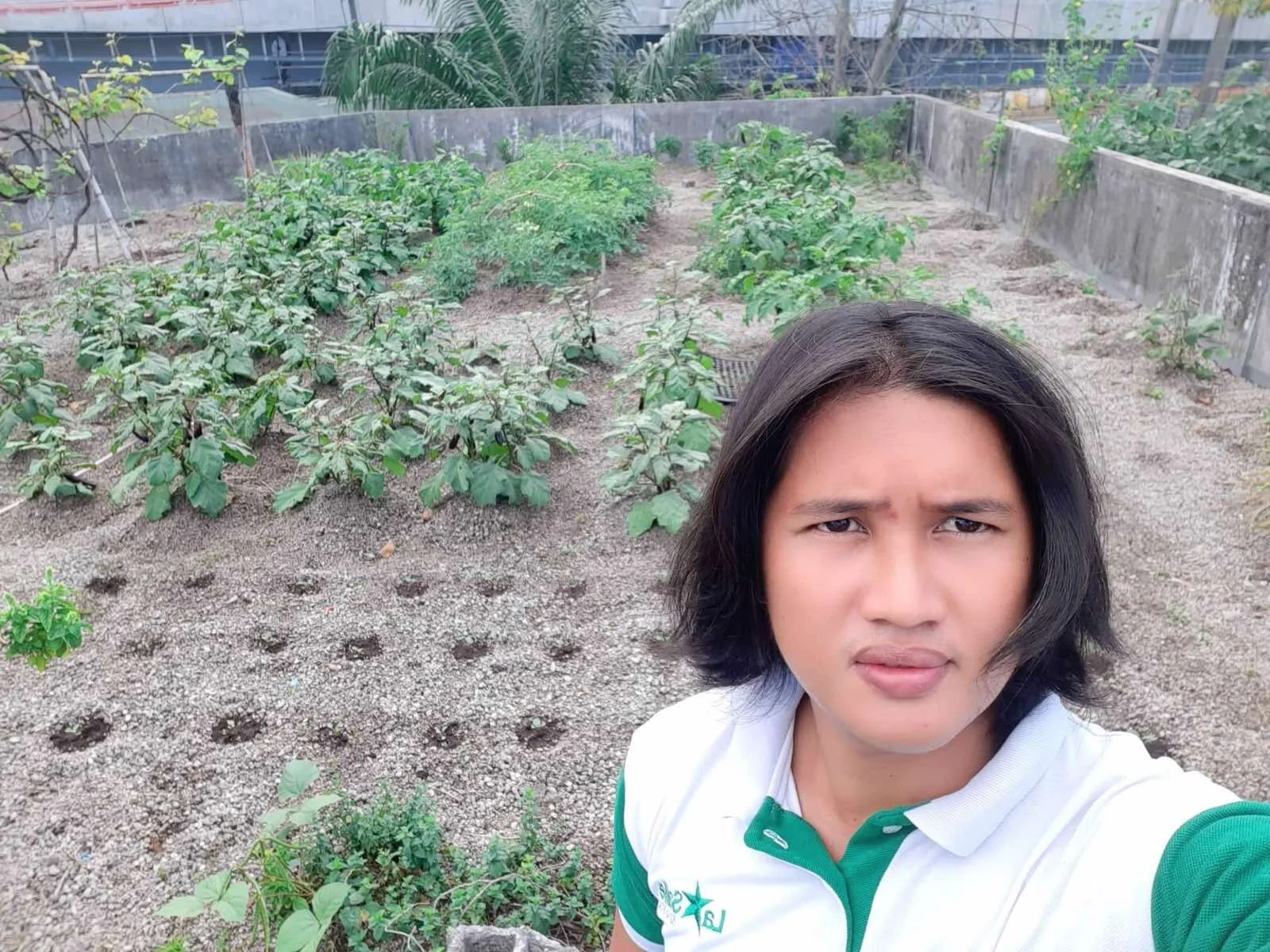How a Roof Garden Helped People Survive Quarantine
In the ongoing community quarantine and various lockdowns caused by the COVID-19 pandemic, many have searched for means and ways to keep their mental and physical well-being healthy and strong. Some developed a love for gardening and planting ornamentals, fruits, vegetables, and herbs in their own homes as a form of recreation and to beautify their homes. For the De La Salle Araneta University staff, having a garden on the concrete roof deck of their dormitory isn't only about recreation; it is helping them survive.
In 2020, once the Modified Enhanced Community Quarantine (MECQ) lifted and Metro Manila shifted to a General Community Quarantine (GCQ), members of the De La Salle Araneta University administration team went back to work. However, safety protocols had to be followed at the time to make sure they would not contract COVID-19. The staff worked in weekly shifts and were not allowed to go home. The university housed all personnel in the now-vacated student dormitory.
“For the De La Salle Araneta University staff, having a garden on the concrete roof deck of their dormitory isn’t only about recreation; it is helping them survive.”
The dormitory housed a BUNGKAL Roof Garden where students researched which plants and vegetables can grow in a rooftop urban farm with the roof garden system. SPECSERV Inc. earlier installed the BUNGKAL roof garden system to know if concrete rooftops in an urban setting can produce agricultural products.Since no students were allowed on campus for months, the staff asked if they could plant vegetables and fruits in the garden to limit their possible exposure from the virus that could happen if they were to go to a public market to buy food. The school management agreed and even gave them seeds and other organic materials that they would need to start planting. The university president, Dr. Bjorn S. Santos, instructed them how to go about farming on the BUNGKAL Roof Garden, nurturing and taking care of the produce. They were allowed to consume whatever they planted, and this allowed them to safely stay at the school's dormitory and lessen the risk of unnecessary exposure. The staff planted different kinds of fruits and vegetables on the roof garden like tomatoes, eggplants, lemongrass, string beans, sayote, and even grapes. All of the produce planted were organic. Whenever a new batch of staff had to come in for their shift, they were responsible for taking care of the crops growing on the roof garden. It was not difficult since the BUNGKAL system is low in maintenance and does not need constant cultivation and irrigation. The De La Salle Araneta University staff were able to work in a self-sustaining environment that allowed them to continue with their lives while reducing the risk of being exposed to COVID-19.
At one point, one of the staff tested positive for COVID-19, requiring those on campus to go on lockdown for 14 days instead of the usual one week. All the more, making the roof garden's presence necessary to keep all those locked down fed during quarantine.
With the arrival of roof garden systems like BUNGKAL, homes or buildings with concrete roof decks may now be able to have a roof garden of their own. It's more than a simple way to pass the time, but an essential lifesaving element of your living space during this pandemic or for future emergencies.
For more information about SPECSERV Inc's roof garden systems, click here to visit the Roof Gardens section of our website.
Follow us on Facebook: @specservincph


